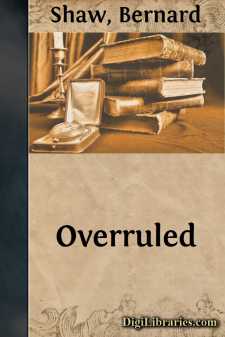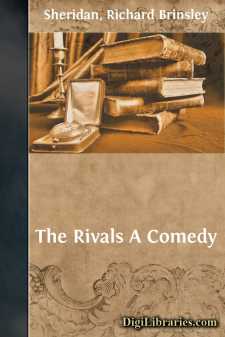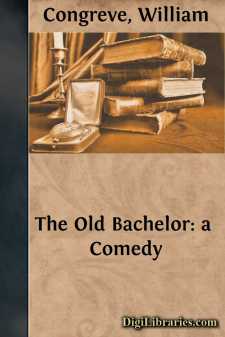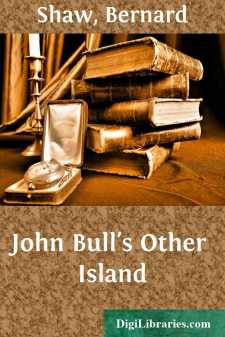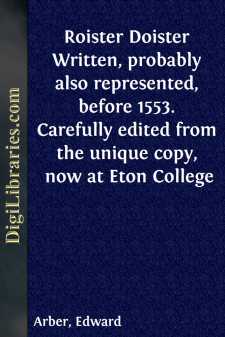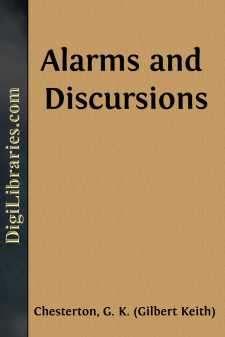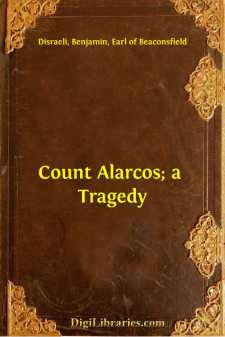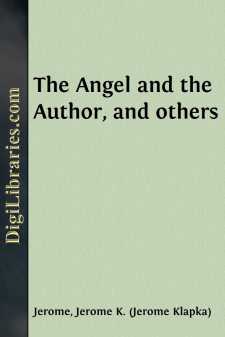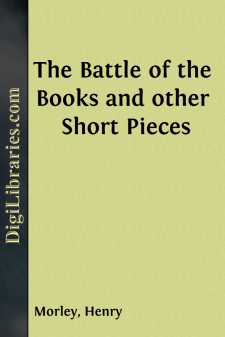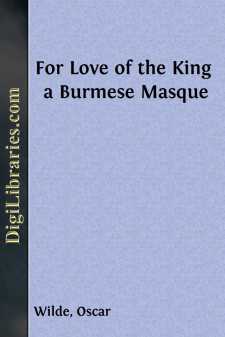Categories
- Antiques & Collectibles 13
- Architecture 36
- Art 48
- Bibles 22
- Biography & Autobiography 813
- Body, Mind & Spirit 142
- Business & Economics 28
- Children's Books 13
- Children's Fiction 10
- Computers 4
- Cooking 94
- Crafts & Hobbies 4
- Drama 346
- Education 46
- Family & Relationships 57
- Fiction 11828
- Games 19
- Gardening 17
- Health & Fitness 34
- History 1377
- House & Home 1
- Humor 147
- Juvenile Fiction 1873
- Juvenile Nonfiction 202
- Language Arts & Disciplines 88
- Law 16
- Literary Collections 686
- Literary Criticism 179
- Mathematics 13
- Medical 41
- Music 40
- Nature 179
- Non-Classifiable 1768
- Performing Arts 7
- Periodicals 1453
- Philosophy 64
- Photography 2
- Poetry 896
- Political Science 203
- Psychology 42
- Reference 154
- Religion 513
- Science 126
- Self-Help 84
- Social Science 81
- Sports & Recreation 34
- Study Aids 3
- Technology & Engineering 59
- Transportation 23
- Travel 463
- True Crime 29
Sort by:
by:
Bernard Shaw
THE ALLEVIATIONS OF MONOGAMY. This piece is not an argument for or against polygamy. It is a clinical study of how the thing actually occurs among quite ordinary people, innocent of all unconventional views concerning it. The enormous majority of cases in real life are those of people in that position. Those who deliberately and conscientiously profess what are oddly called advanced views by those...
more...
PREFACE A preface to a play seems generally to be considered as a kind of closet-prologue, in which—if his piece has been successful—the author solicits that indulgence from the reader which he had before experienced from the audience: but as the scope and immediate object of a play is to please a mixed assembly in representation (whose judgment in the theatre at least is decisive,) its degree of...
more...
by:
William Congreve
TO THE RIGHT HONOURABLE CHARLES, LORD CLIFFORD OF LANESBOROUGH, etc. My Lord,—It is with a great deal of pleasure that I lay hold on this first occasion which the accidents of my life have given me of writing to your lordship: for since at the same time I write to all the world, it will be a means of publishing (what I would have everybody know) the respect and duty which I owe and pay to you. I...
more...
by:
Bernard Shaw
ACT I Great George Street, Westminster, is the address of Doyle and Broadbent, civil engineers. On the threshold one reads that the firm consists of Mr Lawrence Doyle and Mr Thomas Broadbent, and that their rooms are on the first floor. Most of their rooms are private; for the partners, being bachelors and bosom friends, live there; and the door marked Private, next the clerks' office, is their...
more...
by:
Edward Arber
INTRODUCTION. HE author and early date of the present Comedy are ascertained by a quotation in Sir Thomas Wilson’s Rule of Reason of Roister Doister’s letter to Dame Custance. The first edition of the Rule of Reason, 1550-1, is a very scarce work; of which I have been unable to see a copy. The second edition, 1552, 8vo, ‘newely corrected by Thomas Wilson,’ has not the quotation: which...
more...
I Once upon a time there lived upon an island a merry and innocent people, mostly shepherds and tillers of the earth. They were republicans, like all primitive and simple souls; they talked over their affairs under a tree, and the nearest approach they had to a personal ruler was a sort of priest or white witch who said their prayers for them. They worshipped the sun, not idolatrously, but as the...
more...
ACT I SCENE 1 A Street in Burgos; the Cathedral in the distance. [Enter Two Courtiers.] I:1:1 1ST COURT.The Prince of Hungary dismissed? I:1:2 2ND COURT.IndeedSo runs the rumour. I:1:3 1ST COURT.Why the spousal noteStill floats upon the air! I:1:4 2ND COURT.Myself this mornBeheld the Infanta's entrance, as she threw,Proud as some hitless barb, her haughty glanceOn our assembled chiefs. I:1:5 1ST...
more...
CHAPTER I I had a vexing dream one night, not long ago: it was about a fortnight after Christmas. I dreamt I flew out of the window in my nightshirt. I went up and up. I was glad that I was going up. “They have been noticing me,” I thought to myself. “If anything, I have been a bit too good. A little less virtue and I might have lived longer. But one cannot have everything.” The...
more...
by:
Henry Morley
Jonathan Swift was born in 1667, on the 30th of November. His father was a Jonathan Swift, sixth of the ten sons of the Rev. Thomas Swift, vicar of Goodrich, near Ross, in Herefordshire, who had married Elizabeth Dryden, niece to the poet Dryden’s grandfather. Jonathan Swift married, at Leicester, Abigail Erick, or Herrick, who was of the family that had given to England Robert Herrick, the...
more...
by:
Oscar Wilde
ACT I SCENE I The palace of the king of burmah. The scene is laid in the Hall of a Hundred Doors. In the distance can be seen the moat, the waiting elephants, and the peacocks promenading proudly in the blinding sunshine of late afternoon. The scene discovers king meng beng seated on a raised cushion sewn with rubies, under a canopy supported by four attendants, motionless as bronze figures. By...
more...


